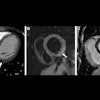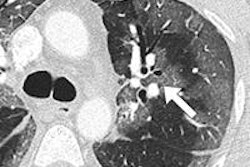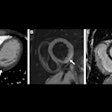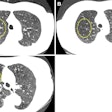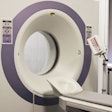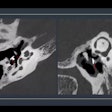The Texas Society of Radiologic Technologists (TSRT) said it opposes a recent move by a commission appointed by the Texas Legislature to eliminate licensure requirements for radiologic technologists.
Texas licenses 28,275 radiologic technologists, who are responsible for following radiation safety guidelines and ensuring that patients receive proper radiation safety shielding and the lowest dose possible during radiologic procedures, TSRT said.
If the state's Sunset Advisory Commission moves to eliminate licensure requirements, individuals in the state will be allowed to administer medical radiation without having completed any educational requirements in radiation protection, radiation safety, or medical imaging physics, according to TSRT.
The commission's view is that certification should be up to the discretion of employers. It contends that deregulation would have little effect on public health or safety because technologists work in facilities that are already subject to numerous federal and state requirements and have private accreditation programs. In addition to technologists, the effort would involve 18 other occupations, including medical physicists.
Those views are inaccurate, according to the society, which warned that allowing anyone to administer ionizing radiation raises the possibility of radiation dose mismanagement. Voluntary national certification programs cannot replace state licensure requirements because individuals and employers have discretion in requiring voluntary certification, TSRT added.
Beyond the risk of radiation mismanagement, the state will lose its right to penalize individuals who administer radiation incorrectly or do not treat patients in a professional manner per state licensure requirements, the society said.
"With what we know about the dangers of medical radiation, it's very surprising that the Texas Legislature would consider removing licensure standards so anyone could administer medical radiation within the patient population," TSRT President Kameka Rideaux said in a statement. "Texans should know that their elected officials are considering removing a program that was designed to protect patients from excessive medical radiation dose and has been very successful for more than 25 years."
The society will travel to Austin for the commission's public meeting on June 24 and 25 to make its views known.
